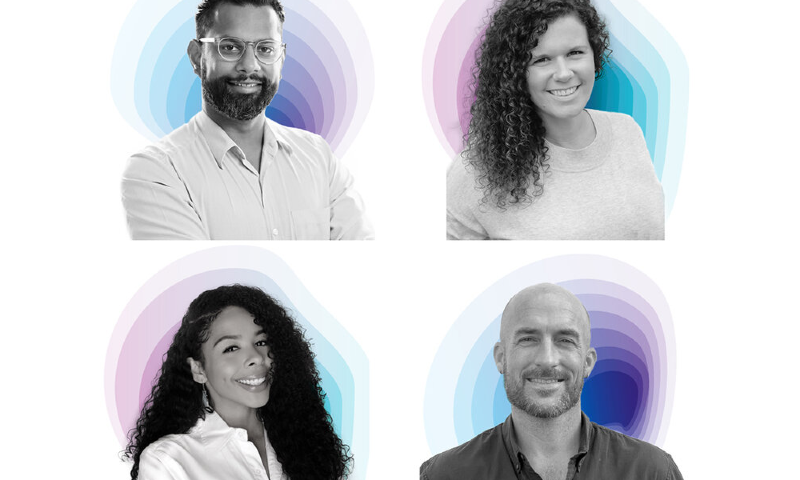Mental health is an underfunded and underserved area, with tens of millions of Americans affected by mental illness and only about half of them getting treatment. Psychedelics like LSD and psilocybin, the chemical found in “magic” mushrooms, have the potential to become new treatments that help more patients, but today’s drug development model—not to mention the war on drugs—have hindered their progress.
Journey Colab thinks it has the solution, and it’s caught the eye of Sam Altman, the former Y Combinator president who, with his brothers, runs Apollo Projects, a fund to launch moonshots.
“A moonshot project doesn’t have to literally be shooting a rocket to the moon, but it can take something that is existing, but is very complicated, and figure out a way to help a lot more people,” said Altman, now the chairman of Y Combinator and CEO of OpenAI. “Journey’s approach is very thoughtful about how to bring the benefits of a psychedelic medicine to a lot of people and work with the constraints of the U.S. FDA and so on. That kind of complexity is not something a ton of people are excited to take on.”
Journey launches with $3 million from Apollo Projects to develop a pipeline of psychedelic compounds through a new model that includes stakeholders such as doctors, nonprofits and Indigenous groups from Day One. From the very beginning, one-third of the company’s equity will be put into a pool for a diverse group of people, including Journey’s employees developing its programs, the therapists and caregivers who will administer the treatments, and the Indigenous communities to which Journey’s medicines trace their roots, Journey CEO Jeeshan Chowdhury, M.D., said.
A physician by training, Chowdhury has seen all kinds of business models in healthcare but found that traditional drug development is not working for mental health.
“There is a recognition at Journey Colab that we haven’t made progress trying the same things both in what we are doing and how we are doing it,” he said. “In terms of development, it’s not as simple as taking or making a pill—surgery requires great surgeons and psychedelic care is no different. To reach the people we need to reach, we must include providers and communities from the beginning in the development process.”
Journey’s model is a departure from for-profit biotech companies that may be focused on intellectual property and quick exits as well as from nonprofits and universities that have done foundational work in the space but can be limited by their reliance on grant money. And it’s a way to “decolonize” drug development, in the words of Miriam Volat, co-director of the RiverStyx Foundation.
“It would be easy for other psychedelic medicine companies to say, ‘we’ve just discovered this thing, it’s brand new, we’re the experts here,’ and ignore the thousands of years of experience and lineage of people who have been working on this,” Altman said. Partnering with Indigenous communities connects Journey with knowledge and experience that a traditional drug developer may not have access to.
“A big thing is respect and bringing people along. Those communities will share with Journey what they know of the history of these medicines, and Journey will share what Silicon Valley is good at, with how to use startups and capitalism to deliver something to people who can really benefit from it,” Altman added.
Journey’s first program is a synthetic form of mescaline, a hallucinogenic compound found in some species of cactus, including the peyote cactus.
“Mescaline was one of the first psychedelics that was isolated, synthesized and studied in Western research, keeping in mind that Indigenous groups have been using this safely in ceremony for many years,” Chowdhury said.
The company will work with the FDA on a preclinical program to show the drug’s safety and then embark on clinical trials in alcohol use disorder in 2021.

